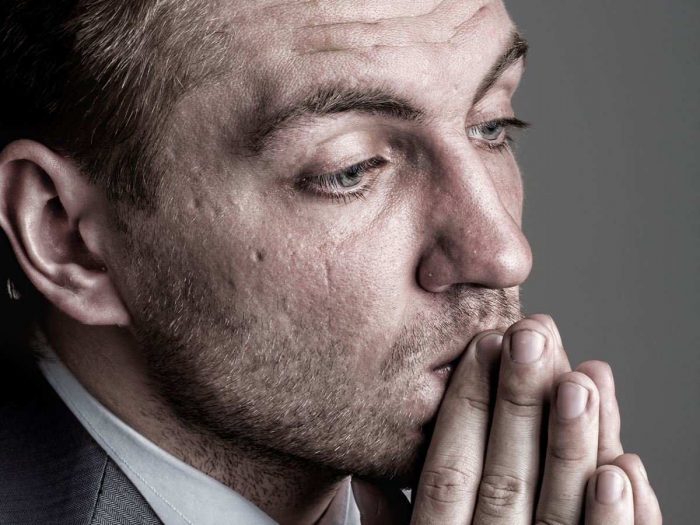Strike that chord, let the guitar touch everybody’s mind and soul in the literal sense! Now, music therapy is found to ease depression.
According to a study published in Cochrane Library, adding music therapy to the traditional treatment of psychotherapy and medication may help to quicken the recovery of depressed patients. [1]
Clinical depression is one of the most common mental disorders in the United States. Its symptoms include loss of interest and pleasure along with frequent mood swings. Music therapy is an art therapy that uses music to improve and maintain the physical, psychological, and social well-being of individuals. It involves a range of activities including listening to music, singing and playing an instrument. [2]

Researchers from Uni Research Health in Bergen, Norway tested the benefits of music therapy on 421 individuals from different age groups. The participants were made to sit in nine short-term sessions. The researchers then compared effects of music therapy versus treatment as usual, and versus psychological therapy. Researchers also examined the difference between two different forms of music therapy i.e. active and receptive. The active music therapy is where people sing or play the music, while the receptive involves listening to music.
The major conclusion drawn from the entire set of studies show that music therapy along with the usual treatment was more effective than just the plain treatment.
“Music therapy also shows efficacy in decreasing anxiety levels and improving the functioning of depressed individuals,” stated the authors in the report. “Future trials based on adequate design and larger samples of children and adolescents are needed to consolidate our findings. Researchers should consider investigating mechanisms of music therapy for depression.”
More than 300 million people worldwide have depression, which could become the leading cause of disability by 2020. Therefore, studies like this would act as a preventive measure and also save worsening of this disorder.
